The 1st Brazilian Meeting on Wine Tourism (EBE), held from October 22 to 24, 2025, in Bento Gonçalves, marked a milestone for academic, institutional, and professional cooperation in the field of wine tourism in Brazil. Organized by the Federal Institute of Education, Science and Technology of Rio Grande do Sul (IFRS), the event gathered scholars, researchers, and representatives from the wine industry to reflect on opportunities and challenges within this rapidly growing sector.
The very word Encontro—meaning “meeting”—captures the spirit of the initiative: bringing together academia, businesses, and communities to promote an interdisciplinary dialogue across the social sciences, agronomy, geography, cultural studies, and environmental sciences.
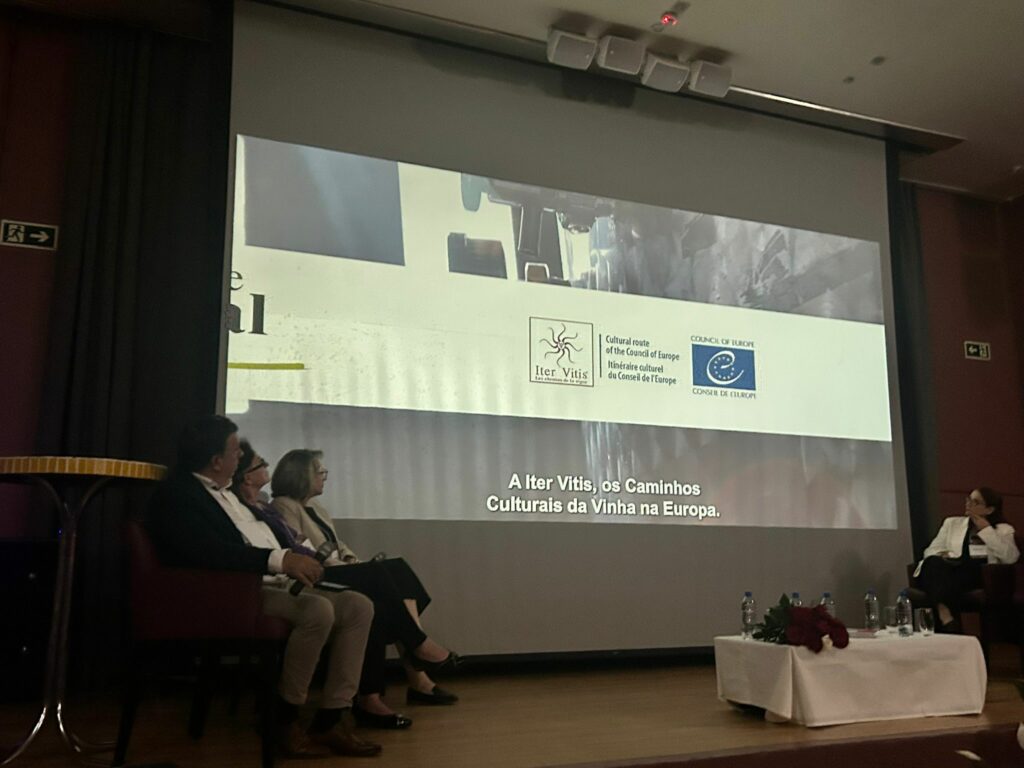
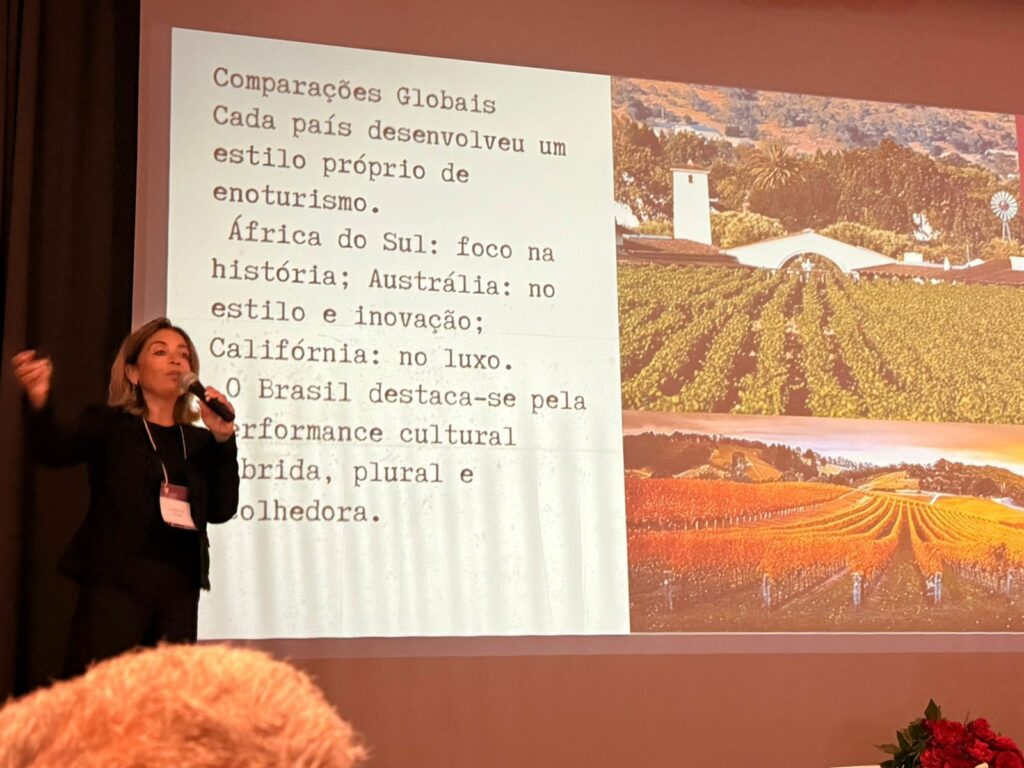
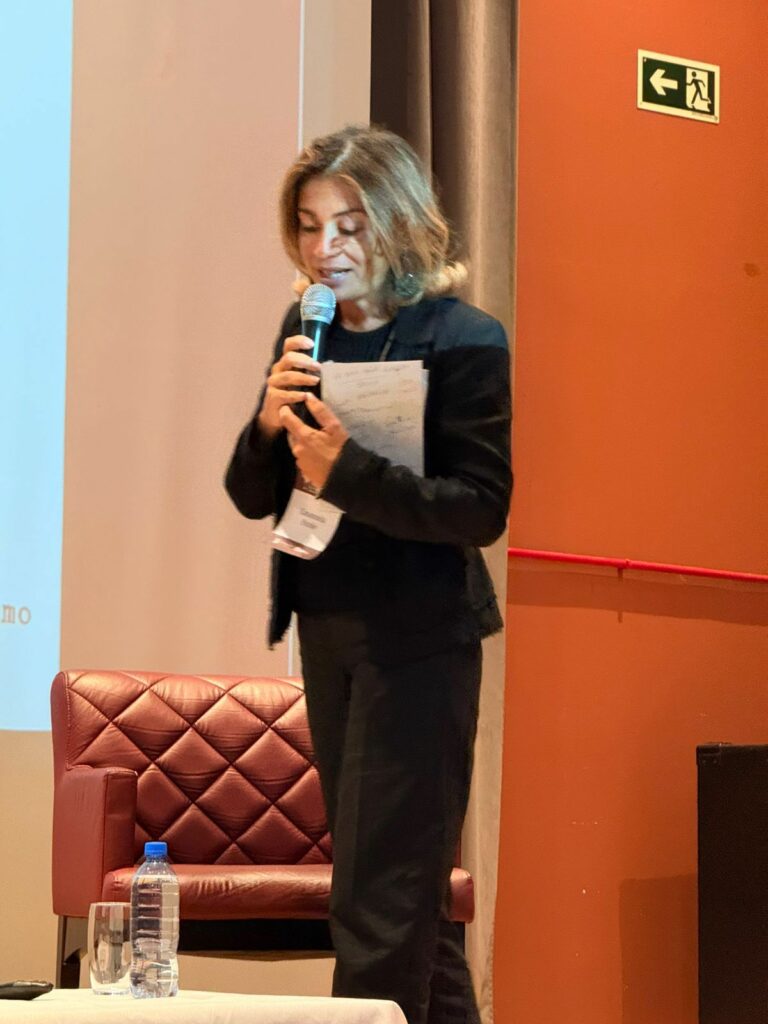
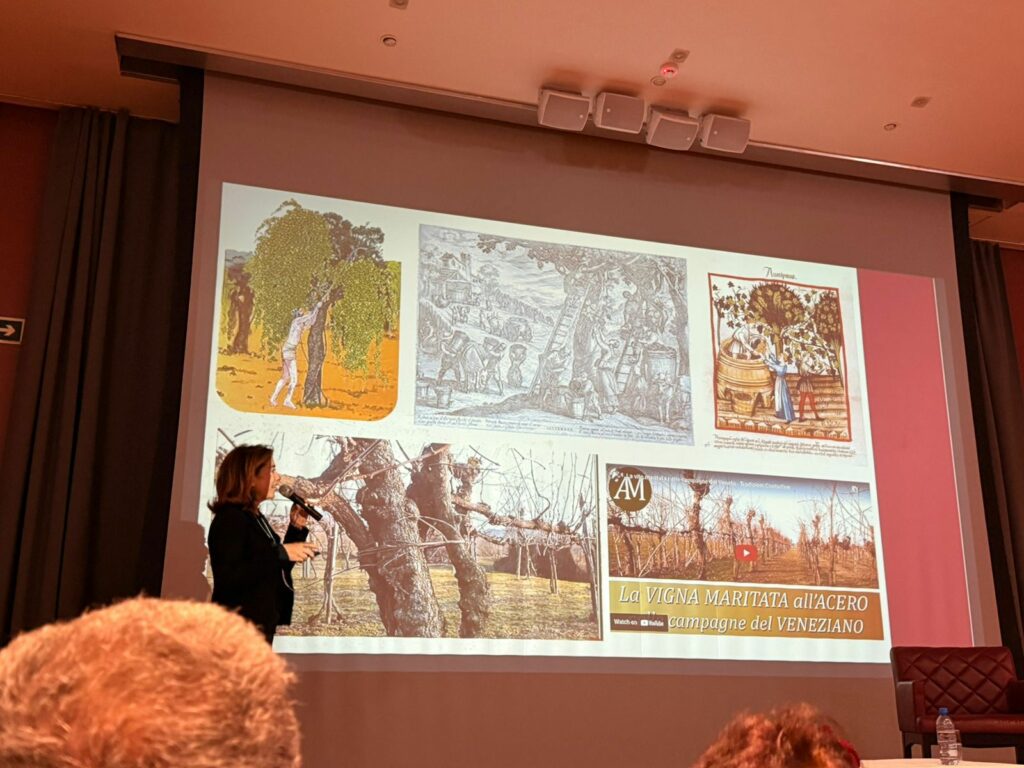
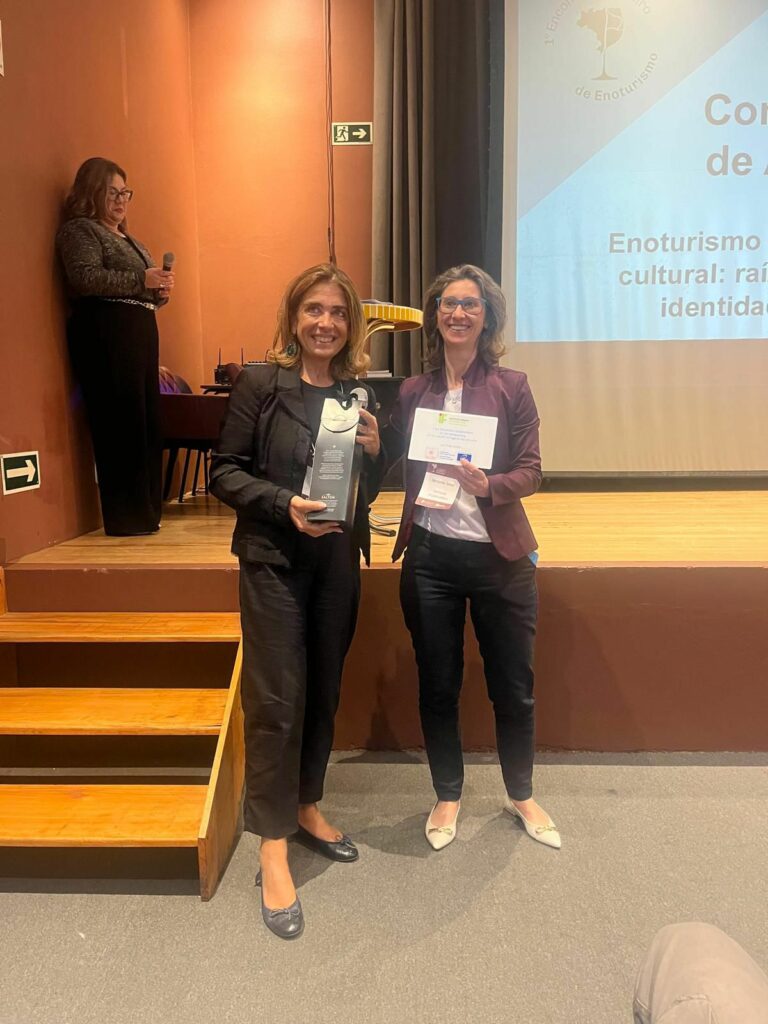
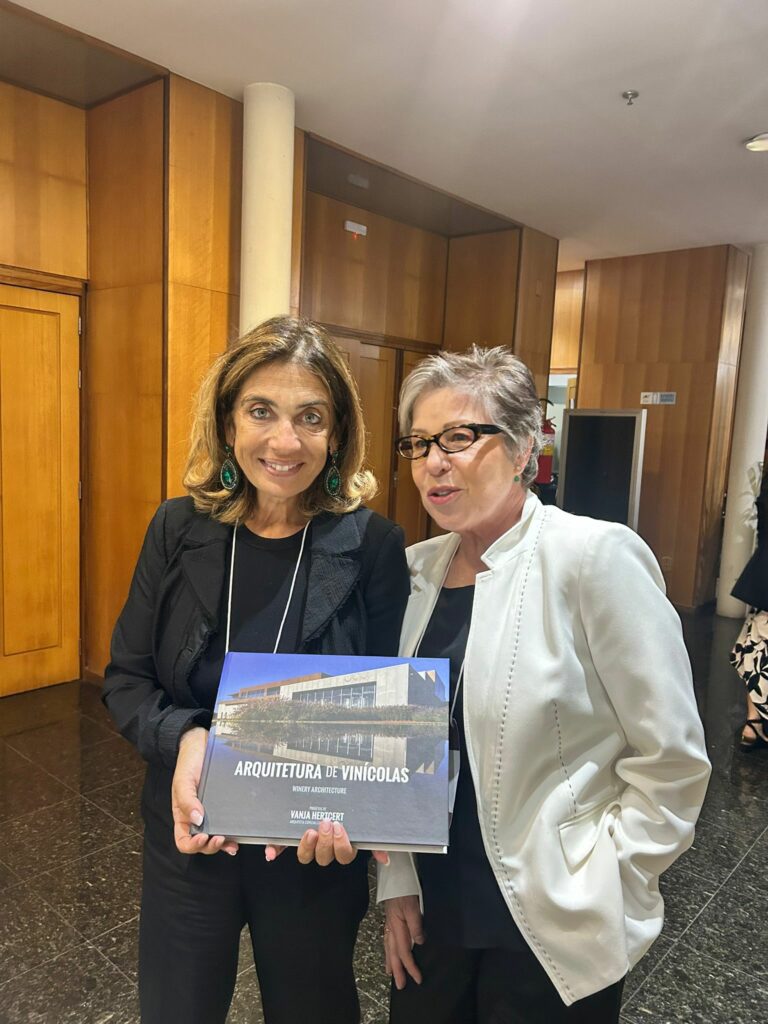
The conference opened with the lecture “Wine Tourism as a Cultural Expression: European Roots and Brazilian Identity” delivered by Emanuela Panke, President of Iter Vitis – The Cultural Route of the Vine and Wine, certified by the Council of Europe. Her speech highlighted the growing cooperation between the European Cultural Routes Programme and Ibero-American partners, a strategic bridge to foster mutual learning and cultural exchange.
The Council of Europe has recently encouraged the expansion of its cultural routes towards Latin America, recognizing the potential of shared heritage as a tool for intercultural dialogue and sustainable development. In this context, Brazil emerges as a natural interlocutor: a land that inherited diverse European viticultural traditions—Italian, Portuguese, German, and Spanish—and reinterpreted them creatively, giving birth to a hybrid and inclusive model of wine culture.
Brazil’s wine-growing regions, particularly Serra Gaúcha, combine the agricultural knowledge of Old World viticulture with the openness and warmth characteristic of the New World. Here, wine is not only a product but a cultural narrative, expressed through harvest festivals, community traditions, and regional gastronomy.
The preservation of agronomic practices once lost in Europe—such as certain manual harvest techniques, communal celebrations, or mixed-farming traditions—demonstrates Brazil’s potential to act as a living laboratory of sustainable and community-based wine tourism. This continuity of practices makes Brazil a reference point for the dialogue between innovation and heritage.
A major outcome of the event was the announcement that the Federal Institute of Bento Gonçalves (IFRS) will officially join the Scientific Committee of Iter Vitis through the valuable participation of Professor Hernanda Tonini. This step formalizes a shared commitment to strengthen joint research actions and create new channels of cooperation between Europe and Ibero-America.
Through this collaboration, Iter Vitis aims to promote comparative studies on cultural landscapes, biodiversity in viticulture, and the socio-economic impact of wine tourism in rural areas. The inclusion of IFRS reinforces the network’s academic dimension, opening paths for student exchanges, shared databases, and interdisciplinary research projects aligned with the United Nations Sustainable Development Goals.
As Panke underlined, “what politics and division have failed to achieve, wine can accomplish — connection, dialogue, and peace.”
In this sense, the partnership between Iter Vitis and Brazilian institutions like IFRS represents more than a technical collaboration—it is a cultural alliance grounded in shared values of peace, creativity, and sustainability.
The 1st Brazilian Meeting on Wine Tourism has therefore not only celebrated the growing importance of Brazil within the global wine tourism landscape but also reaffirmed the relevance of international cooperation as a driving force for innovation, cultural preservation, and human connection.
